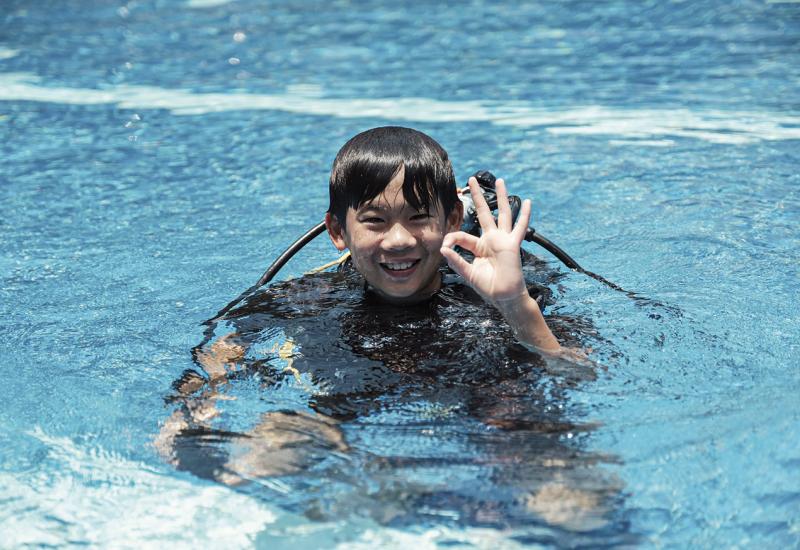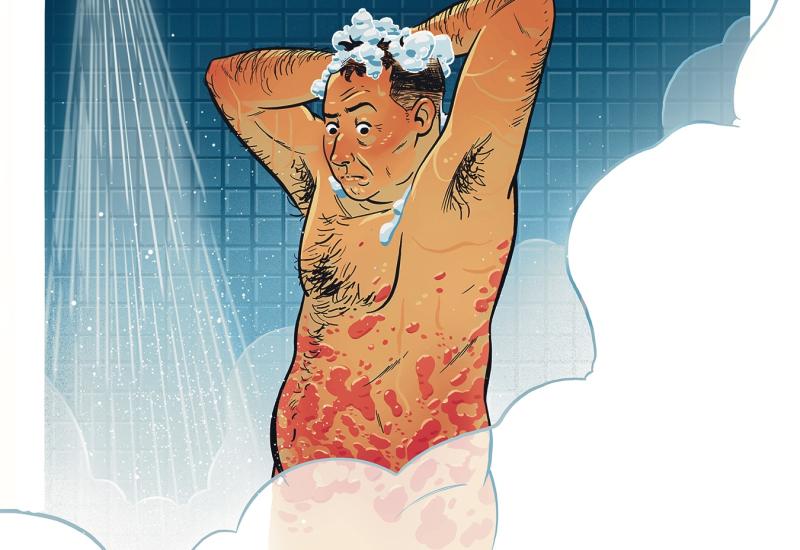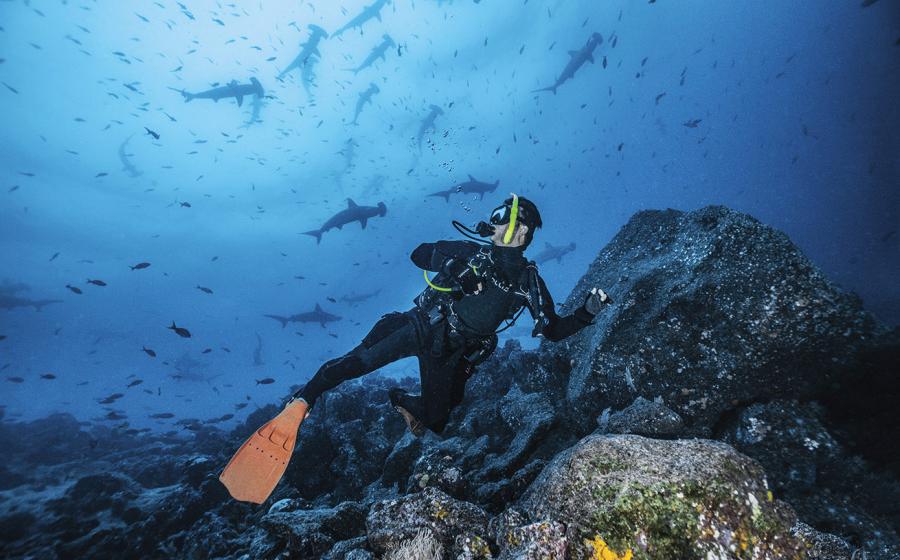Ask DAN: Can I Return to Diving After Surgery

Image Courtesy of DANA diver consults with their physician about returning to diving after surgery.
Talk to Your Physician
Resuming diving after surgery should be assessed on a case-by-case basis and depends on complete recovery. Your surgical incisions need to be completely healed, and any complications such as infections must be resolved. You must be able to lift and carry your equipment without limitations due to pain or restricted mobility. Pain medications may impair your ability to respond to challenges underwater and could lead to injury or even death in an emergency.
After recovery, you’ll also need to have recovered your strength and endurance. Any condition in which blood flow to tissue or joints is compromised (such as inflammation or scarring) could hypothetically impair inert gas exchange and perhaps increase the risk of decompression sickness (DCS) at surgical sites. This is a theoretical risk, and it’s not even clear whether impaired perfusion would increase or decrease DCS risk. Residual pain that worsens or new pain that results from physical activity could be confused with DCS following a dive. If there is residual pain (at rest or with exercise) or any neurologic deficits, these would need to be considered separately as they would affect your fitness to dive.
Be sure that both your surgeon and a physician trained in dive medicine clear you for diving. The surgeon should understand the types of movement, the amount of weight and the ranges of motion that would be involved in the diving activities you intend to undertake. DAN provides consultations for physicians and encourages medical providers to reach out to discuss questions so that they can make informed decisions about fitness to dive. If you are looking for a consultation with a dive medicine specialist, call DAN at +1 919-684-2948 or fill out the Ask a Medic web form on the DAN website.
See also: What It's Like to Dive After a Traumatic Brain Injury
Special Considerations
Joint Replacement: Too much of the wrong activity can cause wear and tear, fracture, loosening or destabilization of surgical implants and may require surgical revision. Most surgeons recommend low- to moderate-intensity physical activities, such as walking or swimming, and discourage high-impact activities.
Reconstructive Rhinoplasty: If you have any difficulty equalizing the first time back in the pool after rhinoplasty, your sinuses may not be ready to withstand the pressures associated with diving. If you prefer the Valsalva maneuver, consider using a different technique to avoid pinching a recently reconstructed nose.
Gastric Bypass: Depending on the type of surgery, air is sometimes introduced into the abdominal cavity, and the body requires time to reabsorb it. These air pockets, and the air that exists within the gastrointestinal tract, can compress and expand as the ambient pressure changes. Thus, it is important to allow the surgical sites inside the abdomen to heal to avoid creating a leak.
Lung Surgery: After lung surgery, a person’s ability to move air in and out of the lungs changes. The primary concern is pulmonary barotrauma. Any weakness in lung structure may be prone to rupture from even minimal overinflation. Following surgery, divers must be sure the lung has completely healed. See a pulmonologist versed in dive medicine to rule out the risks associated with scarring and air trapping.
Returning to Diving
From the start, let your doctors know you are a scuba diver and want to get back into diving after surgery. If your physician determines that future diving may be possible, establish benchmarks: completing treatments, tissue healing, recovery from complex reconstruction, and recovering sufficient strength and range of motion for diving. Regardless of surgery type, DAN recommends a gradual return to the water. You must regain the physical fitness and aerobic capacity you lost during your recuperation. Once you’re back into a regular exercise routine after the waiting period, start in a controlled environment by swimming in a pool with fins, then work your way up to diving in a pool, then eventually move to open water.
For as little as $40 per year for an individual or $60 per year for a family, DAN takes the guesswork out of emergency logistics. Once a member calls the 24/7 hotline, DAN arranges whatever care is needed—including evacuations and complex air travel arrangements if necessary. With more than 40 years of experience managing emergencies around the globe, DAN helps you fully enjoy your diving and travel. Learn more or join today at DAN.org










